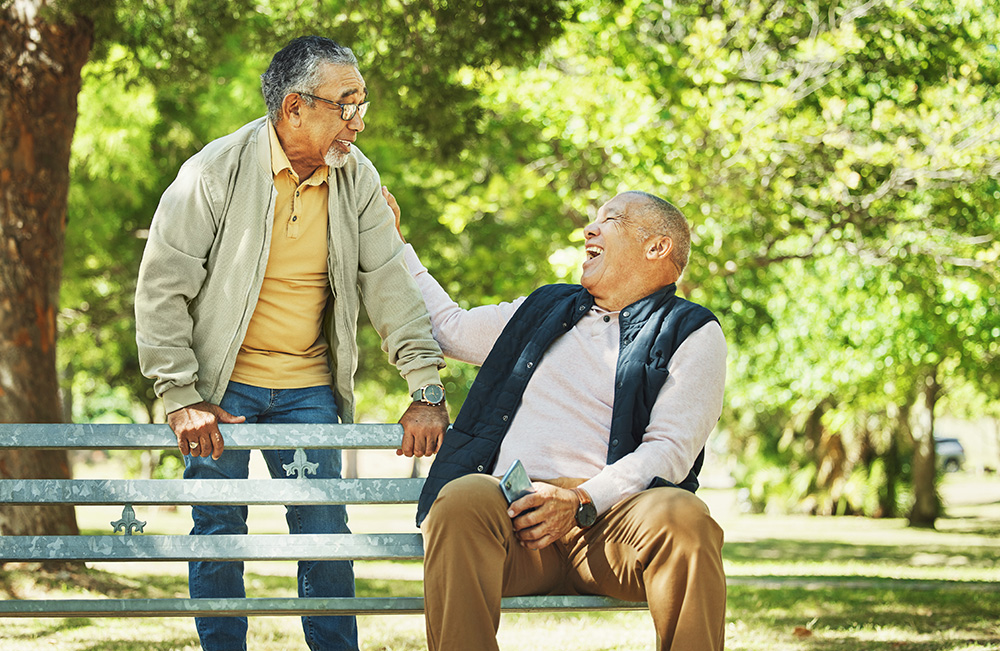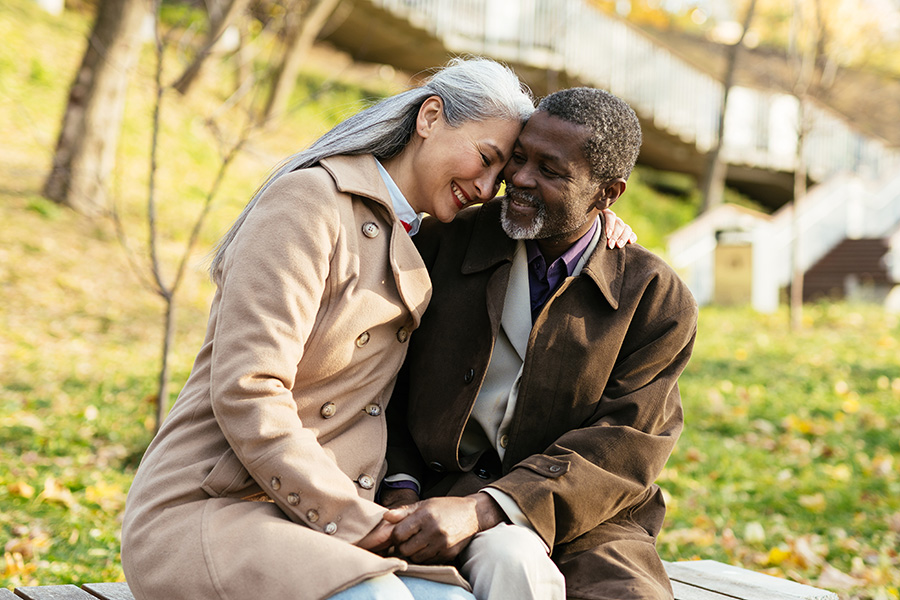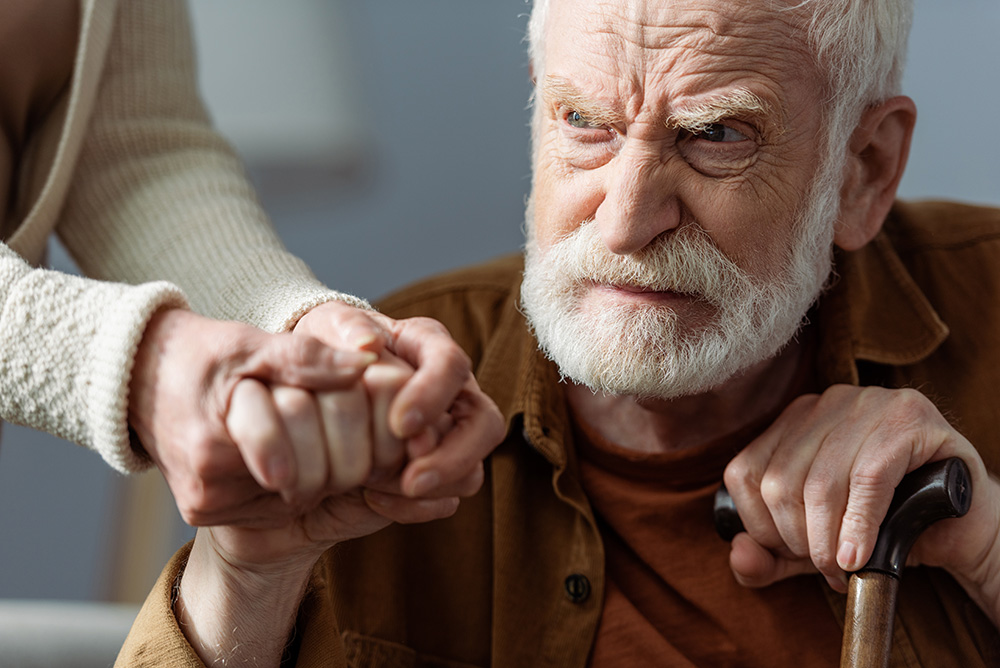by bbworks | Aug 22, 2024 | Care
As your older loved one ages, their ability to care for themselves may degrade. It is not uncommon for older adults to require more and more care over time. Because of this, you should always remain vigilant, and look for signs that your aging loved one may need...
by bbworks | Aug 2, 2024 | Care
When it comes to discussing mental health care, the focus is primarily on teens and young adults. But, properly taking care of your mental and emotional well-being is important at any age. In many cases, the emotional care of seniors is reduced to feelings of...

by bbworks | Jul 26, 2024 | Care
Americans continue to live longer, meaning aging adults need more care for longer. One important part of the aging group is LGBTQ+ seniors. Below, we will discuss some of the challenges that aging gay, lesbian, bisexual, transgender, and queer seniors may face. Chosen...

by bbworks | Jul 19, 2024 | Care
When your spouse needs extra care in their daily lives, it is easy to be overwhelmed with caregiving. For older couples, balancing feeling like a spouse and a caregiver can be a challenge. Below, we will discuss some tips for balancing your home life when your spouse...

by bbworks | Jul 12, 2024 | Care
Suffering from Dementia or Alzheimer’s can be a very confusing and often frustrating process for your older loved one. If you have to provide care for your loved one with advanced dementia, you have probably dealt with an episode of aggression. Understanding how to...

by bbworks | Jun 19, 2024 | Care
With age, many of our bones, muscles, joints, and ligaments get weaker. Often, there is an emphasis on the care of knees, hips, and back for older individuals. But, each of your feet has 26 bones and 33 joints. Over time, your feet deteriorate, just like every other...




